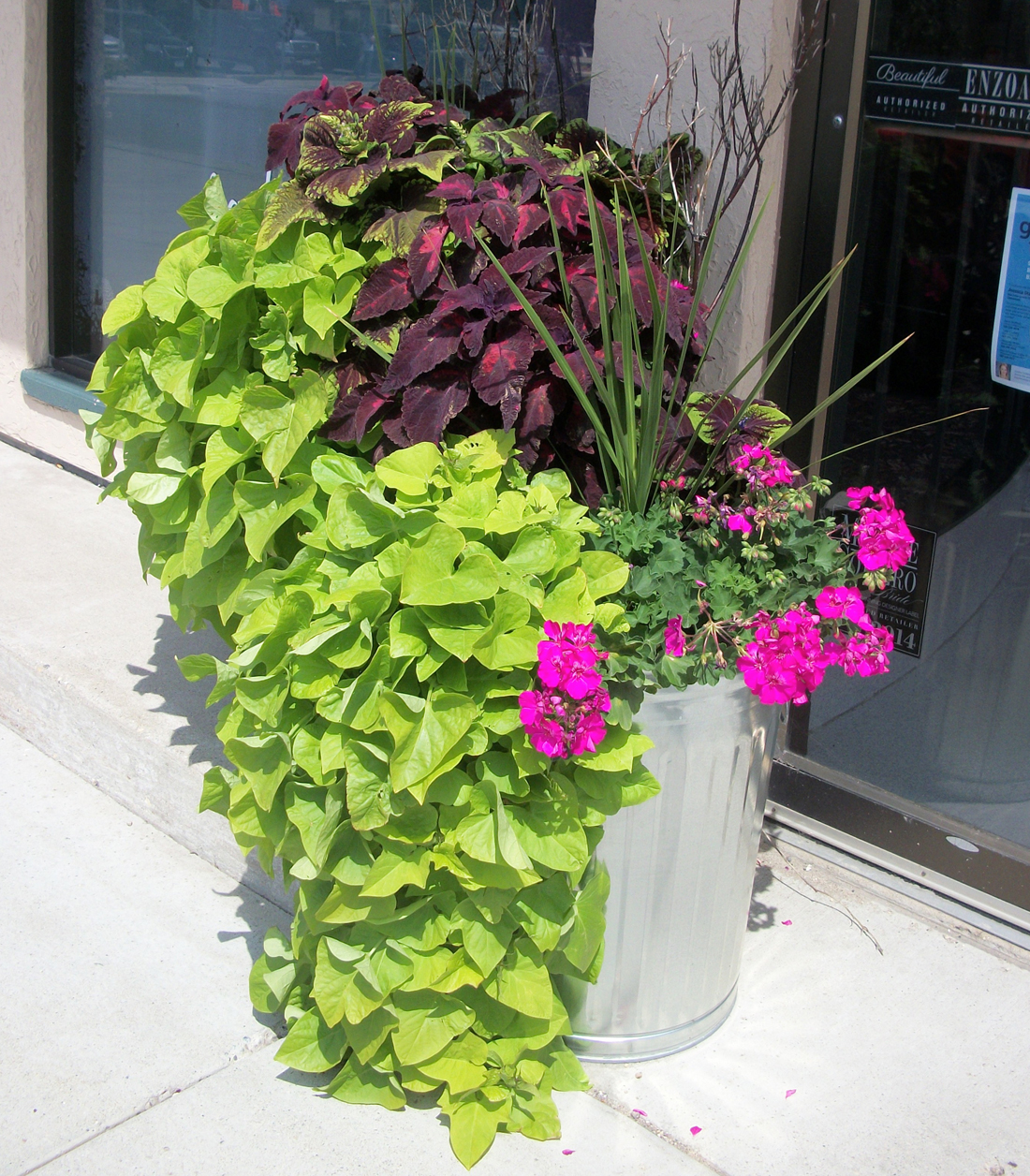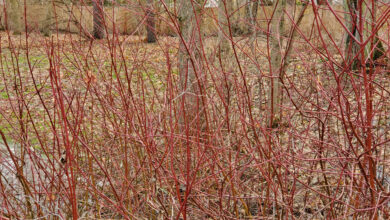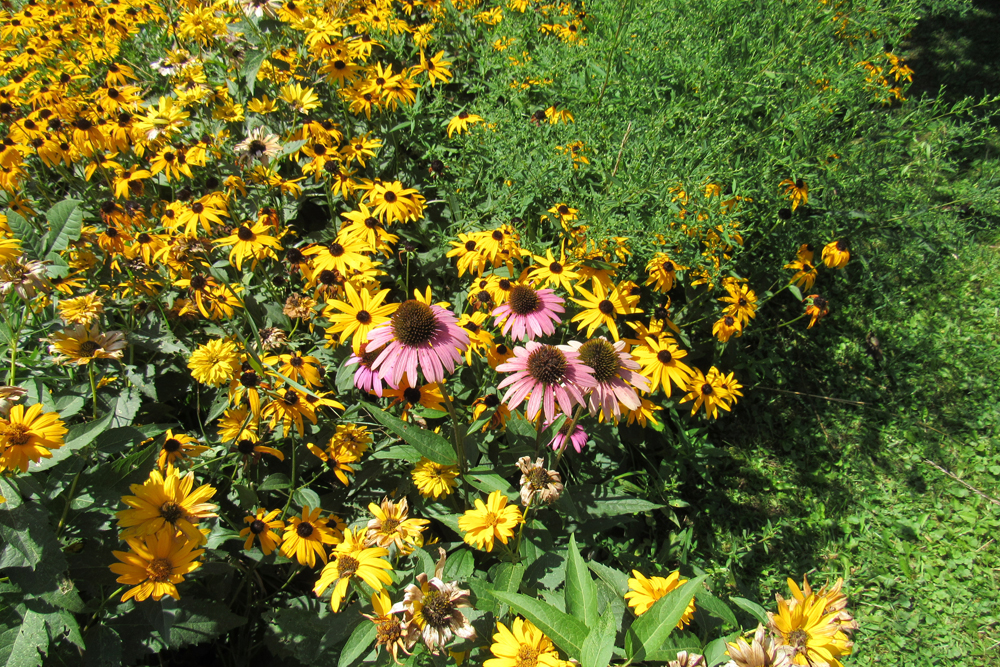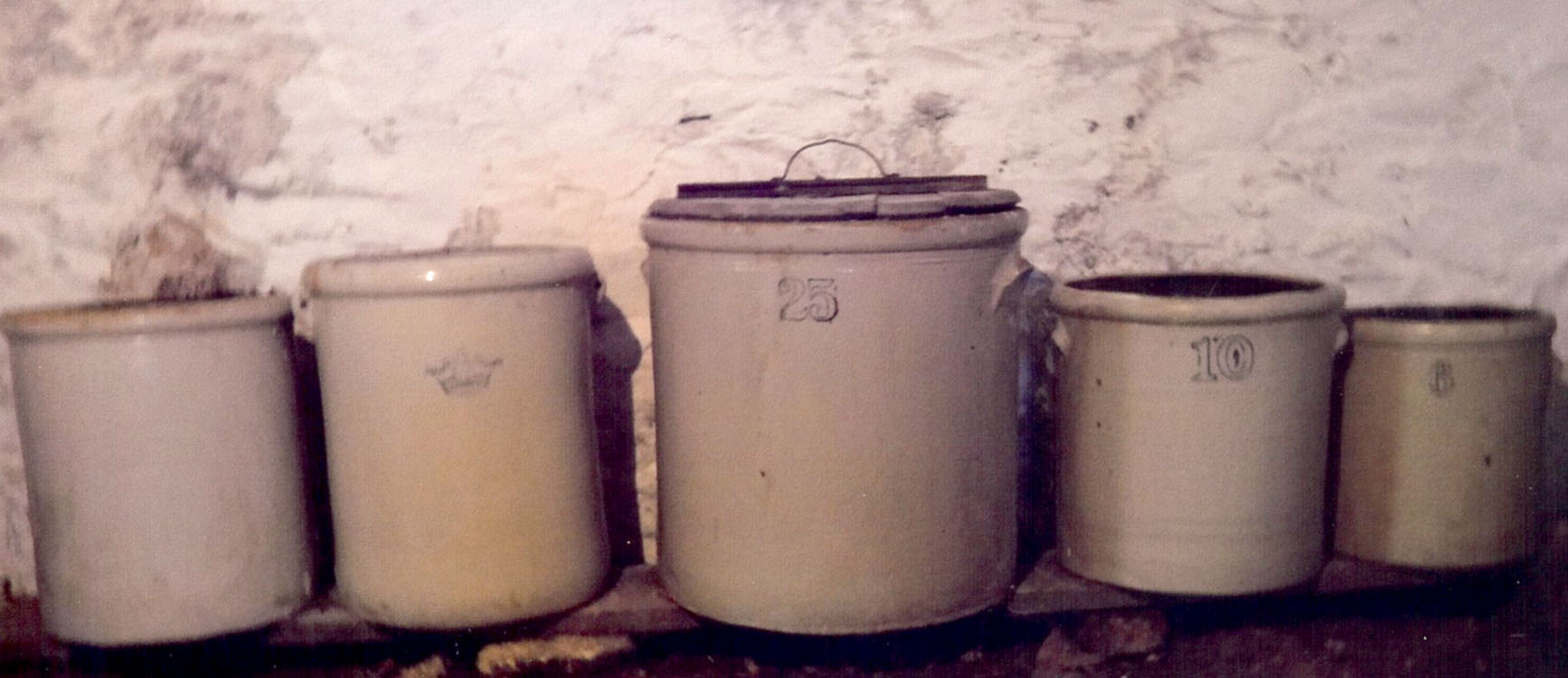Growing plants for composting

If you’re already making plans for your 2021 garden, you might want to consider growing some plants specifically to add to your compost pile. These plants help to add green matter to your pile as well as nutrients.
Growing crops to add to the compost pile is a regular part of some organic gardening methods such as permaculture, biodynamic and bio-intensive gardening. Growers utilizing these methods can dedicate large amounts of gardening space to these kinds of crops, but you don’t have to do this. Crops that can be grown for your compost pile are easy to add to your food and flower production beds, and some can also be used to feed your family and to attract pollinators.
Perennial legumes like alfalfa or red clover can be planted around the edges of your beds or tucked between rows. When the plants get tall, just cut them back and take those clippings straight to the compost pile or bin. Because these are perennials, they will continue to grow back during the growing season, and you can harvest them several times each year. An additional benefit of legumes is that the roots fix nitrogen in the soil, enriching your soil as they grow. Perennial legumes can also keep weeds at bay in the garden areas that might not otherwise be planted.
If you don’t have much space in your garden beds, planting winter rye as a cover crop is an option. After harvest, sow the rye in your garden beds. Cover crops add nutrients to the soil and protect it from harsh winter weather as well as early spring winds. When you are ready to plant, you can mow the cover crop and place clippings in your compost pile or simply till everything directly into the soil.
Want to eat your compost pile crop? Plant “forage brassicas” like daikon radish and kale. Seed them more heavily than you would for traditional vegetable gardening and harvest as much as you like for eating. You can also cut stems and stalks for the compost pile. These crops have strong roots to help feed and aerate your garden soil. Edible beans such as red cowpeas or black-eyed peas are another option. Grow beans as you would any other crop, and after harvest, cut vines and add to your compost pile. Another great benefit of beans and soybeans is that their nitrogen-fixing roots can be left in the garden to enrich the soil.
Herbs are another option. Borage (with a lovely bright blue flower that can be used for garnishing) and comfrey work very well for the compost pile. They accumulate zinc and phosphorous and are rapid growers, making it easy to harvest portions of the plant for your compost pile. Additionally, use both as you would any herb, and when they bloom, they will attract bees and butterflies to pollinate your garden crops.
Growing some crops for your compost pile is a great way to contribute to the production of organic material, enrich your soil, attract pollinators, and feed your family.






